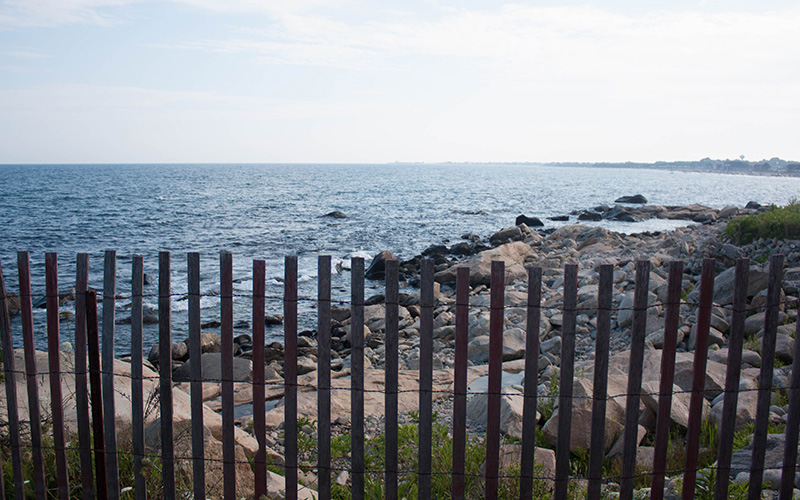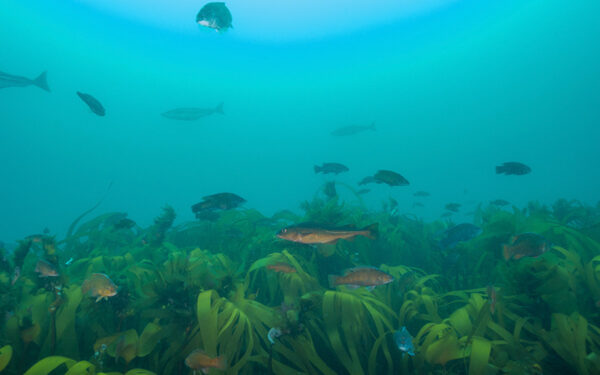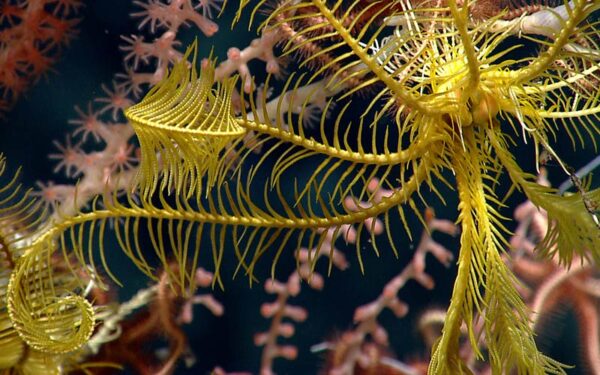
“We are tied to the ocean. And when we go back to the sea – whether it is to sail or to watch it – we are going back from whence we came.” –President John F. Kennedy, 1962
Following the tradition of those who have come before him, President Trump proclaimed June National Oceans Month. However, as has been his modus operandi, Trump broke ranks with his predecessors. Instead of using National Ocean Month as a platform for promoting conservation, Trump seized the moment to suggest ways to exploit and destroy our oceans treasures. Marine life had better take cover, because National Ocean Month under President Trump means oil drilling destruction and favoring commercial interests over environmental protections.
In his proclamation, President Trump said this is a time to “recognize the importance of harnessing the seas for our national security and [economic] prosperity.” He spoke of underutilized resources, the sovereign right to exploit, and the potential for offshore oil and gas. There is also a glaring omission of anything related to climate change.
From a conservation standpoint, Trump’s view on National Ocean Month is significantly dimmer than that of his predecessors, and, frankly, very worrisome. In years past, June has been a month to celebrate the ocean and marine life. In 2008, President George W. Bush proclaimed that it is a time to be stewards for the ocean, to “reaffirm our commitment to protect and wisely use these precious waters and the habitat beneath them.” In 2015, President Obama made similar remarks and highlighted his efforts to permanently protect important marine habitats from harmful commercial uses.
We can hold on to the examples set by our national leaders from the past – in fact, we need to – but we cannot hold onto commercial interests that we know are detrimental to our planet. For the sake of our ocean and our ocean resources, we cannot allow Trump’s view of National Ocean Month to become the norm.
New England’s ties to the ocean run deep. Dating back to pre-colonial times, we have reaped the benefits of the ocean’s bounty, creating livelihoods from its resources and fostering a maritime culture and appreciation for the sea that has lived on for generations. Whether you’re at sea, catching a wave, or relaxing on shore, there is a peacefulness found at the ocean unlike any other.
Over time we’ve realized that the ocean is not the inexhaustible resource that we once thought it was, and that we must protect what we have – from our whales, to our beaches, to the fish that support our coastal communities – if we wish to preserve our heritage. And today while we still fight to stop excessive-extraction and pollution, we face new threats from rising ocean temperatures and ocean acidification. The need for ocean conservation is greater now than it has ever been before.
Trump’s brief recognition of the potential for renewable energy and the importance of our fisheries are the few promising words in an otherwise backwards approach to managing our oceans. It is true that the ocean does offer vast opportunities for economic growth, but how we realize those opportunities is what matters.
Given the threat of climate change and expanding ocean uses, smart ecosystem-based management is the only way forward. CLF has been involved in making this a reality through ocean planning ever since Massachusetts created the nation’s first ocean plan, and the New England follow suit by creating the first regional ocean plan. The nation’s first offshore wind farm right here in New England is a prime example of how we can invest in renewable energy, listen to stakeholders, and consider impacts on marine life, habitat, and other industries. Also, it’s been proven through our region’s history of overfishing, that short-term exploitation of our resources is not the answer, but precautionary, sustainable management will create long-term solutions. These are ideas that CLF advocates for day in and day out.
Ocean resources in New England support 230,000 jobs and $16 billion in economic activity. The smartest way to economic prosperity – and what we see as the only way – is to protect those ocean resources that are the ultimate driver of our ocean economy. So, in the true spirit of National Ocean Month, let’s celebrate the achievements we have made, acknowledge what’s left to do, and fight to prevent any backwards progress.



